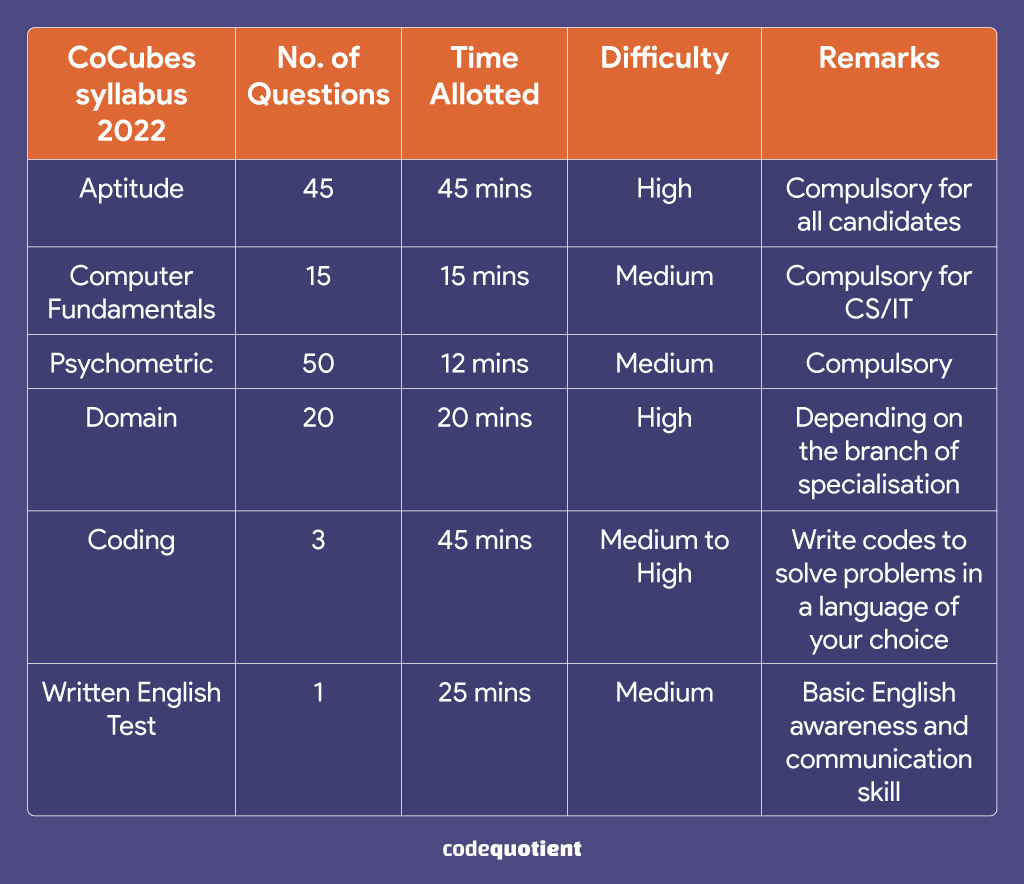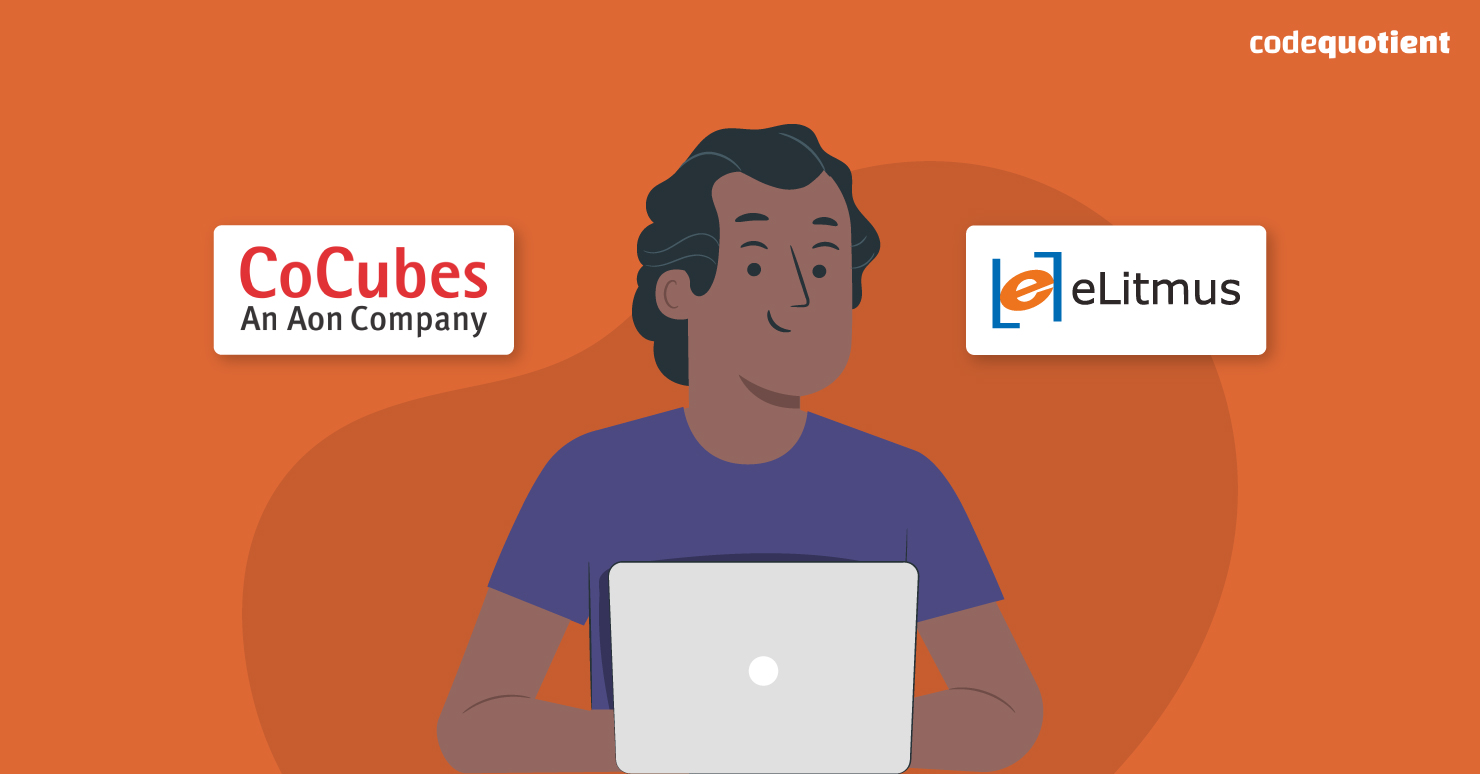India is a powerhouse of talent, with a competitive edge sharpened by assessment platforms like CoCubes and eLitmus. Every year, an estimated one million students graduate from India’s technical education infrastructure, which includes 3500+ engineering colleges, 3400+ polytechnics, and 200+ schools of planning and architecture. As these graduates often seek to distinguish themselves through CoCubes vs eLitmus assessments, the number is expected to swell further in the coming years.
However, it is anticipated that merely 10% of the 1.5 million engineers who will graduate in this fiscal year will secure employment. This comes as companies grapple with a worldwide economic downturn. According to a study highlighted by the Times of India, IT firms reduced their recruitment of new graduates by 35-40% from last year’s figures.
That’s where online assessment tests like the eLitmus pH test and CoCubes test come into play. They conduct online assessment tests that validate the candidates’ aptitude, thus making it easier for the companies to assess their employability.
Now, the question arises: Which test is better suited for you? We will do a comparative study between the eLitmus pH test and the CoCubes test so that you can make an informed decision.
CoCubes vs eLitmus: The First Step
The ABCs of CoCubes Test
CoCubes test, a part of Aon’s Assessment Solutions, is Aon PLC’s global offering in talent solutions that implements innovative online assessment tests for candidates. It delivers 30 million assessments each year in 90 countries and 40 languages. It has offered 30000+ placements till now. It’s one of the most exciting platforms for candidates and recruiters alike, where candidates get a chance to apply for 750+ companies based on their test scores, and companies get a ready pool of eligible candidates with the required aptitude for absorption in the companies. The average package ranges from 4LPA to 6 LPA, while the highest package scaled is 40LPA.
Exam pattern:
Refer to the table below for a better understanding:

Points to Remember:
- The Aptitude portion consists of three parts: English usage, Analytical reasoning, logical reasoning, and Numerical reasoning. Each part has 15 questions.
- The domain portion has 20 questions from each branch, namely civil, electrical, mechanical, electronic, computer science, and chemical. Answer the part that corresponds to your specialisation.
- There is no negative marking.
- An overall score of 600+ is considered a good score and makes one eligible for 50+ opportunities offering more than 5 LPA. A domain score of 50%+ can increase the salary range by up to 30%, as assessed by candidates who appeared for the CoCubes test.
- The CoCubes test score is valid for 1 year.
All about the eLitmus pH Test
eLitmus was launched in 2005 and conducts a proprietary online assessment test at a regular interval called the pH test that gives a score based on an advanced statistical model. eLitmus platform caters to fresher and entry-level recruitment, with the average package ranging from 6 LPA to 20 LPA plus.
Exam pattern:
There are three sections:
- Analytical reasoning
- Quantitative aptitude
- Verbal ability
Each section contains 20 questions for 10 marks each. The candidates get their score out of the total marks, i.e. 600. The time allotted is 2 hours.
Points to Remember:
- The difficulty of the eLitmus pH test is a notch lower than that of CAT exams. The grading is based on percentile marks. There is a good chance for a call from recruiting companies if a candidate scores above 80 percentile marks.
- This test has NEGATIVE MARKING. The negative marking scheme is quite unique.
If a candidate incorrectly answers 25% of questions or more from all the attempted questions from one section, 0.5 marks will be deducted per answer. However, there will not be any negative marking if the number of wrong answers is less than 25% of the total attempted questions from that section.
For example, if you answer 8 questions in a section and 2 of those are wrong, there will not be any negative marking. However, if 3 of your answers are wrong, 0.5 marks will be deducted. If 4 are incorrect, 1 mark will be reduced, and so on.
- The percentile is valid for 2 years. Within this period, a candidate can apply for any number of companies based on that score.
- Over 200 companies hire via eLitmus.
CoCubes vs eLitmus: Which one should you choose?
It’s natural to be confused about which test to pursue as both of them have a good success record. It’s also easy to be influenced to choose one over the other. However, you should be careful enough to select the one that suits your needs. You can get help by considering these questions:
- What are you aiming for?
- What are your salary expectations?
- Which companies do you prefer?
- What is your long-term vision?
Let’s try and answer them.
If the intention is just to land a job, then any of the platforms is fine. But if you aim to join a reputed company, then the CoCubes test is the right choice for you. You can apply to more than 750 companies in just one click. The packages offered are decent for entry-level jobs. Almost all major companies are on this platform.
The CoCubes test asks domain-specific questions, making it easier for an employer to assess a candidate’s industry knowledge.
Meanwhile, with eLitmus, domain-specific assessment happens only after a candidate is called for an interview. Also, eLitmus offers a limited pool of companies, thus limiting the choice.
Cracking any of the exams, such as CoCubes vs eLitmus, requires proper guidance and dedicated support. Detailed preparation and in-depth knowledge about core subjects are a must. What would you say if a free course offered all of this and more? CodeQuotient‘s Software Engineering Bootcamp offers a three-month online course on ‘full-stack development’ that focuses on practical project-based learning with 24*7 mentor support. Not only that, upon completion of the course, a learner gets pre- and post-interview support in industry-leading companies.
Talk to us now and enrol for a chance to land your dream job.




